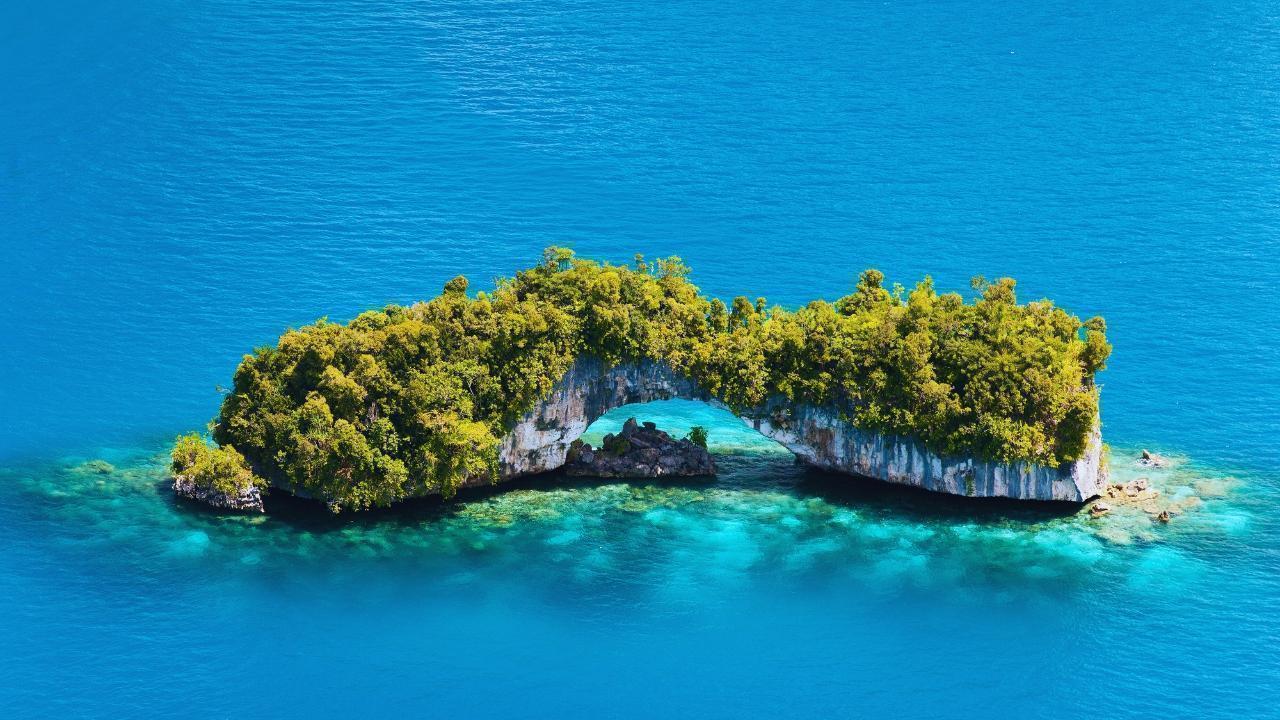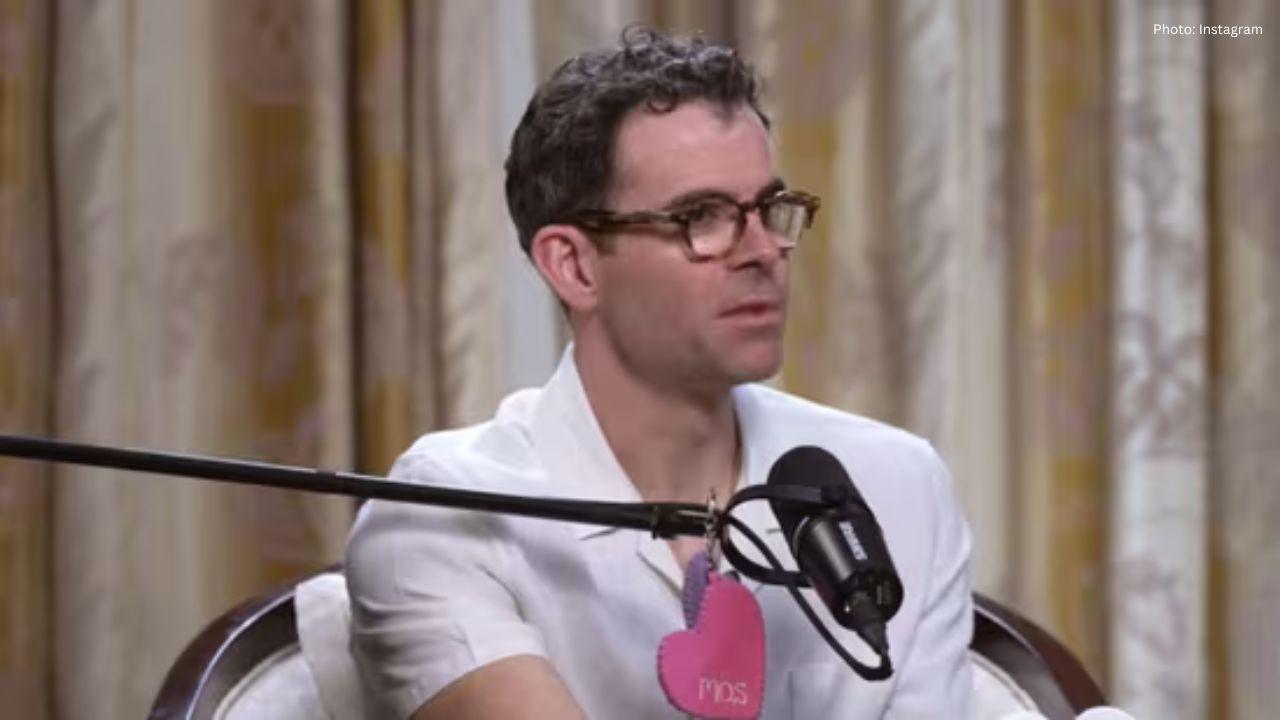You have not yet added any article to your bookmarks!

Join 10k+ people to get notified about new posts, news and tips.
Do not worry we don't spam!

Post by : Anis Farhan
Modern life has become deeply intertwined with technology. From the moment people wake up, they are bombarded with emails, social media updates, and an endless stream of information. While this connectivity offers convenience, it also creates a cycle of digital fatigue, mental exhaustion, and emotional disconnection. The rise of remote islands as havens for digital detox reflects a growing movement where travelers seek peace, natural beauty, and human connection away from the digital noise. These destinations are not only about pristine beaches and turquoise waters but about offering a chance to step back, breathe, and reset in a world where silence and simplicity have become rare luxuries.
Remote islands embody the opposite of digital saturation. With limited internet access, sparse infrastructure, and communities that embrace a slower pace of life, they encourage visitors to let go of their devices. For many, this transition can be difficult at first, as constant connectivity has rewired how people interact with the world. Yet within days, travelers often discover improved sleep, deeper relaxation, and greater presence in their surroundings. Remote islands offer nature as the primary distraction: the sound of waves, the sight of sunsets, and the simple joy of walking barefoot on sand.
Psychologists and wellness experts emphasize the importance of unplugging. Excessive screen time has been linked to stress, anxiety, and diminished attention spans. Digital detox retreats, especially in secluded natural settings, allow the brain to reset. Studies reveal that time spent in nature improves cognitive function, reduces stress hormones, and enhances creativity. Remote islands provide the perfect backdrop—combining the restorative power of nature with the practical challenge of limited connectivity, making it easier for visitors to embrace the break.
Several islands across the world have gained recognition as perfect digital detox destinations:
Koh Rong Samloem, Cambodia – Known for its untouched beaches and minimal Wi-Fi access, this island forces travelers to embrace simplicity. Hammocks, starry skies, and boat rides replace screens.
Fogo Island, Canada – An isolated retreat offering artistic and cultural experiences amidst rugged landscapes. The island’s philosophy encourages slow living.
Caye Caulker, Belize – With its motto “Go Slow,” this small island cultivates a lifestyle where schedules fade and human connection thrives.
Silhouette Island, Seychelles – A remote paradise surrounded by marine reserves, where diving and hiking become the main activities.
Isla Holbox, Mexico – A car-free island where sandy roads, whale shark tours, and sunsets redefine leisure.
Each of these places represents more than beauty; they embody an alternative rhythm of life—one without constant digital interference.
Personal stories highlight how transformative these experiences can be. Travelers often report initial anxiety from being cut off from their phones, followed by a sense of relief as they reconnect with themselves. Families find that conversations flow more naturally without screens at the table. Solo travelers often feel a deeper sense of clarity and self-awareness. Many describe the digital detox experience as a reset button, one that lingers even after returning to daily routines.
While digital detox tourism benefits travelers, it also impacts local island communities. Visitors seeking tranquility support small businesses—family-run guesthouses, local eateries, and eco-tourism ventures. Unlike mass tourism, which can strain fragile ecosystems, digital detox tourism tends to promote sustainability and mindful travel. By valuing simplicity, travelers contribute to cultural preservation and environmental awareness, ensuring that these sanctuaries remain unspoiled.
Though appealing, a digital detox on a remote island comes with challenges. Limited healthcare access, restricted amenities, and potential language barriers can make travel inconvenient for some. The absence of constant connectivity may also feel overwhelming for professionals who struggle to detach from work obligations. However, these hurdles are often part of the transformative experience—forcing travelers to let go of control and adapt to a slower, more grounded way of living.
The demand for digital detox destinations is growing. As remote work blurs the boundary between professional and personal life, the need for intentional disconnection becomes stronger. Travel companies are now curating experiences that promote wellness, minimalism, and mindful living. Remote islands, with their natural ability to cut people off from the grid, are becoming symbols of resistance to digital overdependence. In the future, such retreats may not be luxuries but necessities for mental and emotional health.
Remote islands remind us that life can be lived fully without constant notifications and digital distractions. They invite people to rediscover simple pleasures—listening to the ocean, watching stars, savoring a meal without interruption. The digital detox movement is less about rejecting technology and more about restoring balance. By visiting remote islands, travelers gain not only relaxation but also perspective: an understanding that peace lies not in screens but in presence, simplicity, and connection to nature.
This article is for informational purposes only and does not endorse or promote any specific travel destination. Readers should research travel advisories, local guidelines, and safety requirements before planning any trip.










Rashmika Mandanna, Vijay Deverakonda Set to Marry on Feb 26
Rashmika Mandanna and Vijay Deverakonda are reportedly set to marry on February 26, 2026, in a priva

FIFA Stands by 2026 World Cup Ticket Prices Despite Fan Criticism
FIFA defends the high ticket prices for the 2026 World Cup, introducing a $60 tier to make matches m

Trump Claims He Ended India-Pakistan War, Faces Strong Denial
Donald Trump says he brokered the ceasefire between India and Pakistan and resolved eight wars, but

Two Telangana Women Die in California Road Accident, Families Seek Help
Two Telangana women pursuing Master's in the US died in a tragic California crash. Families urge gov

Ranveer Singh’s Dhurandhar Roars Past ₹1100 Cr Worldwide
Ranveer Singh’s Dhurandhar stays unstoppable in week four, crossing ₹1100 crore globally and overtak

Asian Stocks Surge as Dollar Dips, Silver Hits $80 Amid Rate Cut Hopes
Asian markets rally to six-week highs while silver breaks $80, driven by Federal Reserve rate cut ex